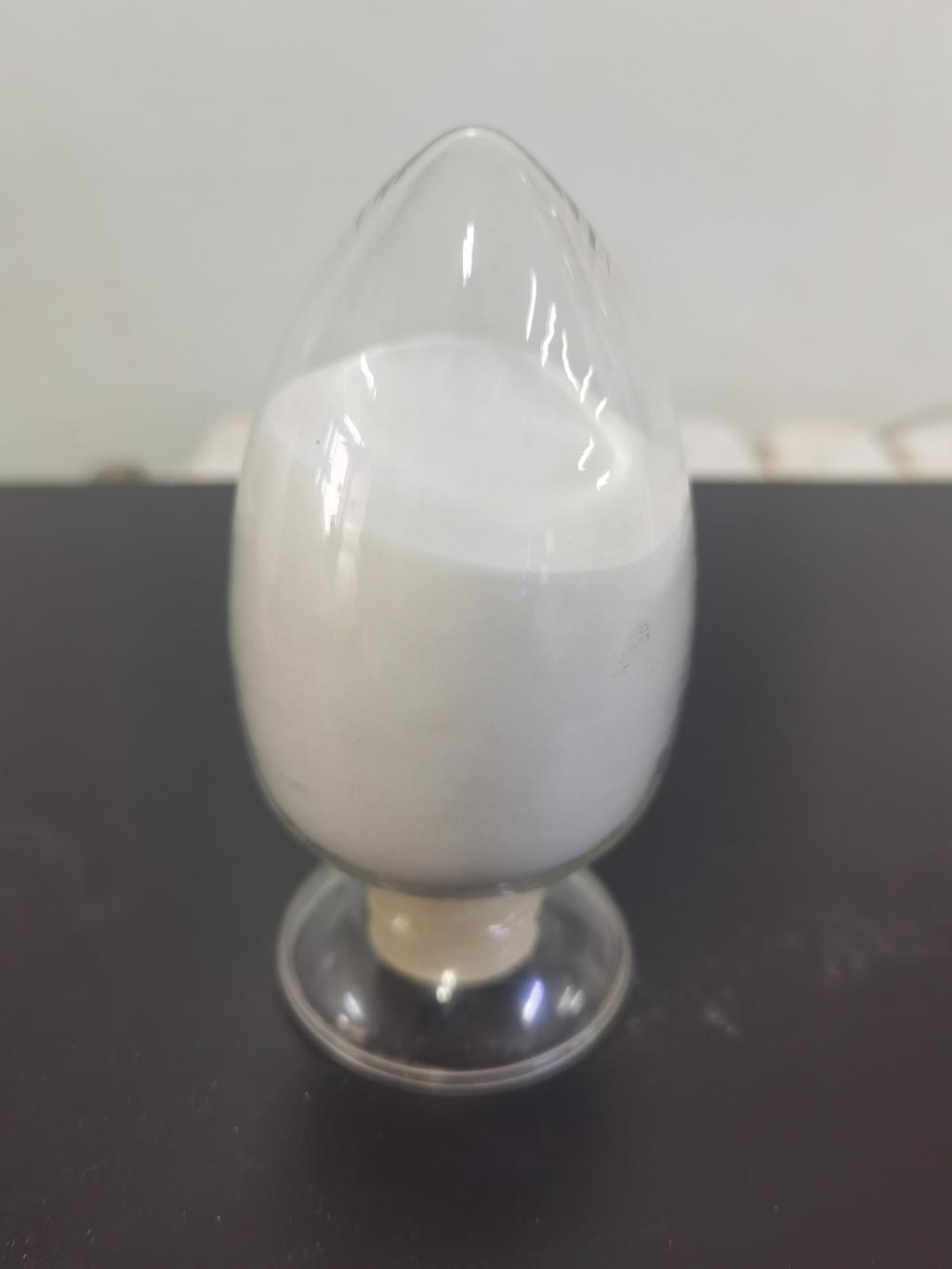Tel:+8618231198596

News
 CONTACT
CONTACT
 CONTACT
CONTACT
- Linkman:Linda Yao
- Tel: +8618231198596
- Email:linda.yao@dcpharma.cn
- Linkman:CHARLES.WANG
- Department:Overseas
- Tel: 0086 0311-85537378 0086 0311-85539701
News
Current Position:
Home >
News
>Health benefits of ε-Polylysine hydrochloride as a natural antimicrobial agent.
Health benefits of ε-Polylysine hydrochloride as a natural antimicrobial agent.
TIME:2024-05-08
Antimicrobial Properties:
One of the key advantages of ε-Polylysine hydrochloride is its potent antimicrobial properties. It exhibits broad-spectrum activity against a wide range of microorganisms, including Gram-positive and Gram-negative bacteria, yeasts, and molds. ε-Polylysine hydrochloride works by disrupting microbial cell membranes, leading to leakage of cellular contents and ultimately cell death. Its efficacy against various pathogens makes it a versatile antimicrobial agent for use in food preservation, healthcare, and personal care products.
Mechanisms of Action:
The mechanisms of action of ε-Polylysine hydrochloride involve multiple steps. Firstly, it binds to microbial cell membranes through electrostatic interactions. Once bound, it disrupts membrane integrity, leading to leakage of cellular contents and inhibition of essential cellular processes. Additionally, ε-Polylysine hydrochloride may interfere with microbial cell wall synthesis or disrupt intracellular enzymes, further contributing to its antimicrobial effects.
Safety Considerations:
ε-Polylysine hydrochloride has been evaluated for safety in various studies and has been deemed safe for consumption and use in food and healthcare products. Regulatory agencies such as the Food and Drug Administration (FDA) and the European Food Safety Authority (EFSA) have approved the use of ε-Polylysine hydrochloride as a food preservative and food additive. Studies have shown that ε-Polylysine hydrochloride is rapidly degraded in the gastrointestinal tract and does not accumulate in the body, further supporting its safety for consumption.
Impact on Human Health:
Emerging research suggests that ε-Polylysine hydrochloride may offer potential health benefits beyond its antimicrobial properties. Studies have investigated its impact on gut health, immune function, and metabolic health. In animal studies, ε-Polylysine hydrochloride supplementation has been shown to modulate the composition of gut microbiota, promote the growth of beneficial bacteria, and reduce the abundance of harmful bacteria. Additionally, ε-Polylysine hydrochloride has been investigated for its potential role in preventing intestinal inflammation and improving intestinal barrier function, which are essential components of overall gut health.
Future Prospects and Conclusion:
The use of ε-Polylysine hydrochloride as a natural antimicrobial agent holds promise for promoting overall health and well-being. Further research is needed to fully understand the mechanisms underlying its health benefits and to explore its potential applications in preventing and managing various health conditions. Additionally, advancements in biotechnology may lead to the development of novel ε-Polylysine hydrochloride variants with enhanced health-promoting properties. Overall, ε-Polylysine hydrochloride represents a natural and versatile antimicrobial agent with potential health benefits that warrant further investigation.
Conclusion:
ε-Polylysine hydrochloride offers potential health benefits beyond its antimicrobial properties, including modulation of gut microbiota, promotion of gut health, and potential immune-modulating effects. As research continues to advance, ε-Polylysine hydrochloride may emerge as a valuable tool for promoting overall health and well-being. By harnessing its natural antimicrobial properties and exploring its potential health benefits, ε-Polylysine hydrochloride has the potential to contribute to a safer and healthier food supply chain and improve public health outcomes.
- Tel:+8618231198596
- Whatsapp:18231198596
- Chat With Skype







